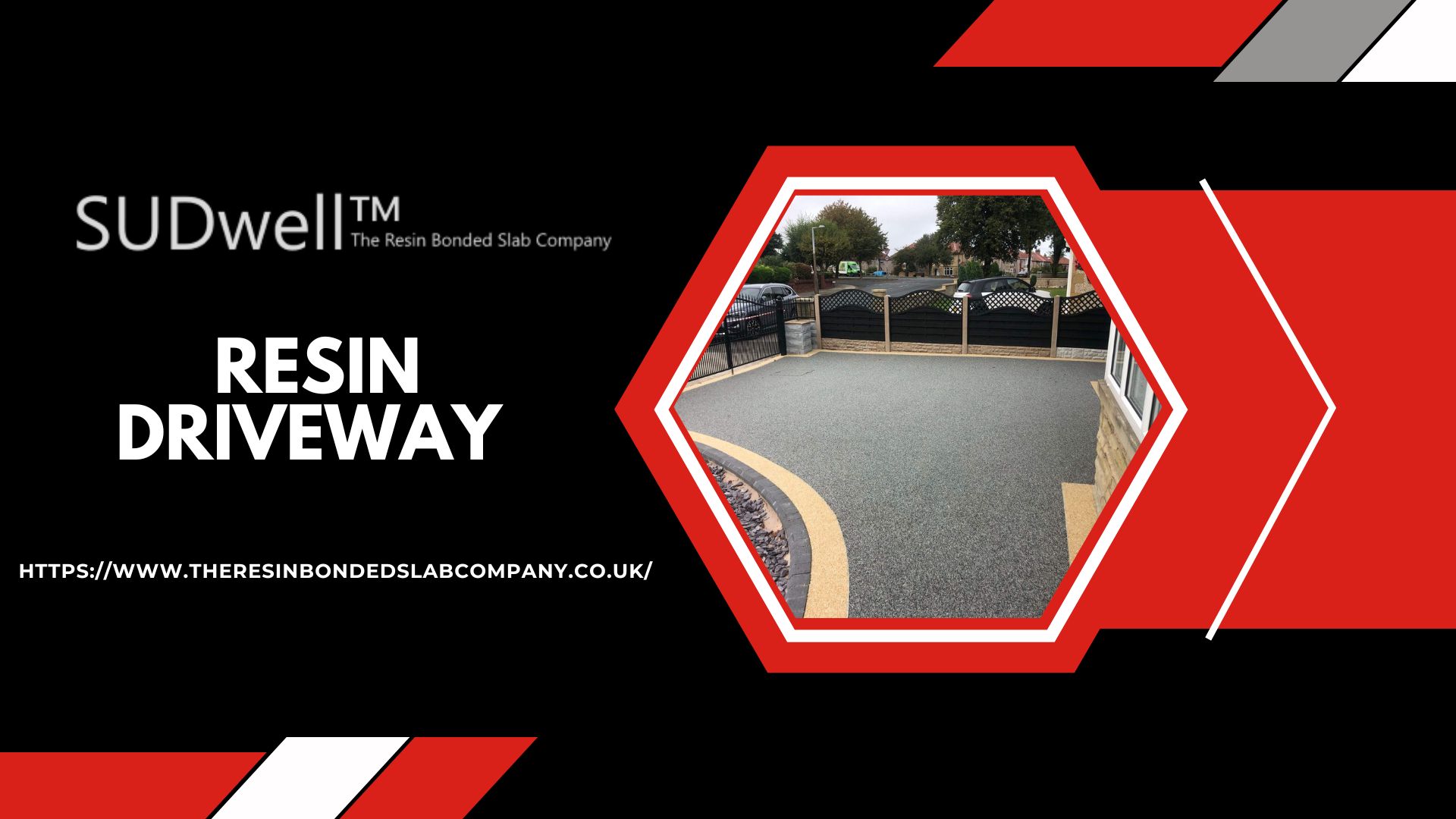Ceramic tiles
Ceramic tiles are made from a special clay mixture to which pigment and additives have been added. The mixture is baked under pressure in an oven, after which a tile is created that is very hard and colored in the core. Thanks to modern production techniques, the tiles can be provided with all kinds of colors and modern prints. Due to the extreme hardness, ceramic tiles can be quite thin (2 cm thick). The wide range of decorative prints allows you to create stylish terraces and walkways. The thicker types are suitable for use in the resin driveway, but installing them requires some skill.
Types of resin driveway
The range of ceramic tiles is large. The most luxurious tiles are produced in Italy. Here stylish tiles are made that are almost indistinguishable from real natural stone. You can choose from tiles with a basalt look, granite, marble, blue stone, slate and concrete look. The sizes 60×60 and 80×80 cm are popular, but these tiles are especially suitable for use in terraces or walkways. If you want a driveway in ceramic tiles, ask the supplier about the possibilities, because not all tiles are suitable for this.
Driveway in ceramic tiles – points of attention
Ceramic tiles are thinner than tiles made of concrete or natural stone. When laying them, it is very important that they are laid on a stable base (drainage mortar) and glued in a special way. Gluing and grouting must be done in a professional manner, otherwise there is a risk that the tiles will freeze to pieces in frost or even become completely detached from the surface. When used in a driveway, it is also important that the tiles lie completely flat on a solid foundation. After all, the tile bed is heavily loaded and must not break under load. A professional installation is therefore very important!
- Advantages of a driveway or terrace in ceramic tiles
- Available in exceptionally beautiful prints (similar to natural stone, wood, concrete, etc.)
- Colored in the core (they always stay beautiful)
- Ceramic tiles hardly absorb moisture
- Easy to clean
- Hard and wear-resistant
- Disadvantages of ceramic tiles
- Relatively expensive (sometimes even more expensive than natural stone)
- Cannot be placed everywhere (larger tiles are especially suitable for terraces)
- Easy to maintain
Ceramic tiles are very easy to maintain. They are insensitive to acids and alkalis, so you can clean them with all kinds of cleaning products without any problems. The surface is well compacted so that dirt cannot penetrate the surface. You will therefore not get stains quickly and if an accident does happen with oil or grease, this is usually quite easy to solve. Stains on natural stone or concrete, on the other hand, are much more difficult to remove due to the porosity of the material.
Also Read About: The Advantages of Taking a Lifeguard Course
Alternative to ceramic tiles
Ceramic tiles are quite expensive and cannot always be used in a driveway. A good alternative are tiles or pavers made of natural stone. These are usually cheaper and can usually be used in driveways without any problems, even when the load is heavy.



